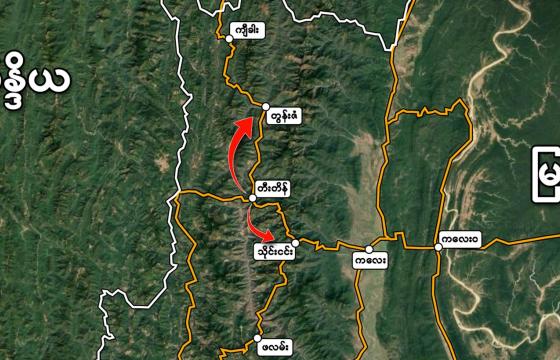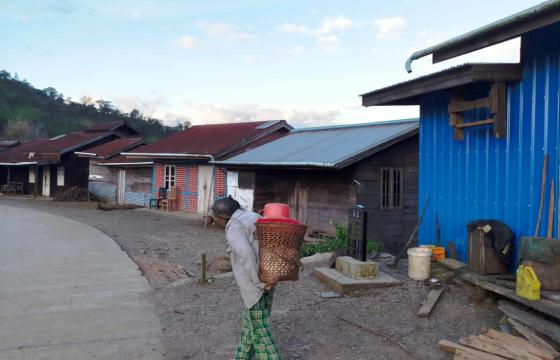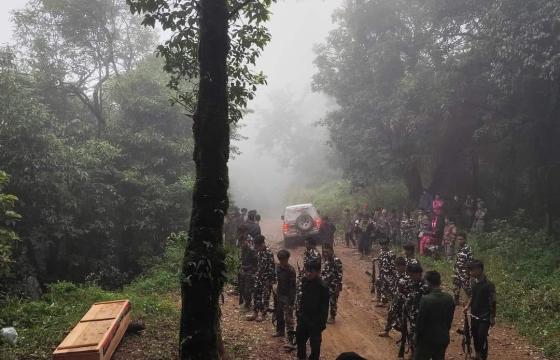Yangon-based Chin civil society organizations (CSOs) and the Burmese government have agreed to cooperate in helping repatriate Chin refugees now in Malaysia and India.
The move follows a June decision by the UN High Commissioner for Refugees (UNHCR) to no longer resettle or designate refugee status for people from Chin State, describing it as no longer being an active conflict area.
Representatives from the All Chin Society-Yangon (ACSY)—made up of 19 organizations—met with Vice President Henry Van Thio on November 3. According to ACSY chairperson Peter Cung, the decision to collaborate in working with Chin refugees was made then.
“Some Chin refugees want to come back home but they are afraid of being arrested at the airport. Some people are worried about getting ID cards and residential documents. So we are going to help them when they return home,” Peter Cung said. “We will cooperate with the government. We will only give assistance to people who ask for it.”
The UNHCR’s statement outlined two options for Chin refugees: to remain abroad and continue using their UN refugee cards until December 31, 2019, or to undergo an interview by UNHCR officials if the individuals feel they will be in danger if they return home. The UN refugee agency said it would respond to these individuals within two months, and their decision would determine whether the refugees could continue living in the host country or would need to go back to Burma.
Chin refugees and community-based organizations in Malaysia and India have asked the UNHCR to withdraw its decision, insisting that Chin people continue to be discriminated against for being Christians in Buddhist-majority Burma. There are an estimated 30,000 Chin refugees in Malaysia and 5,000 in India.







